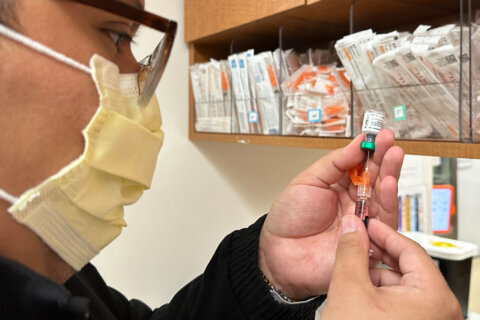In almost all of the U.S. and other parts of the world, the end of Daylight Saving Time falls on Sunday, Nov. 7 this year.
For most, setting the clock back an hour — or “falling back” — is the full extent of adjustment needed. But for some, especially those who experience sleep difficulties, health issues or mood disorders, adapting to longer periods of darkness can be a challenge.
Although an hour doesn’t sound like a lot, when compounded with the seasonal reduction in sunlight, it can contribute to feeling more tired, unfocused and even depressed.
Making an extra effort to get outside during winter’s daylight hours can make a huge difference in aiding your sleep schedule, your health and your overall energy.
Natural sunlight plays a major role in one’s circadian rhythm. It also suppresses the body’s release of melatonin, a hormone in the brain that tells you it’s time to go to sleep. Since there are less sunlight hours in the winter, it makes it more difficult for the body to know when to release its melatonin.
Simply put, sunlight helps your body set its own internal clock. Sunlight also helps the body naturally produce vitamin D, which is essential for bone structure, immune function and even mental health.
There is an abundance of research available that shows a lack of vitamin D can lead to fatigue, forgetfulness, difficulty sleeping and eating, anxiety and even severe depression. Low levels of vitamin D can also increase your risk of seasonal affective disorder — a type of depression related to changes in seasons.
About 42% of Americans are vitamin D deficient. This is even more common in people with darker skin because higher levels of melanin blocks the production of vitamin D, according to the Cleveland Clinic.
Vitamin D is commonly found in foods, such as oily fish, fish liver oil and egg yolks. You can also take daily supplements (400-800 IU daily is the recommended dose), if getting outside isn’t an option.
If you are feeling more tired, moody or unfocused during the day, consider taking extra breaks outside to help your body naturally produce vitamin D and remind your brain it’s a good time to stay awake.








